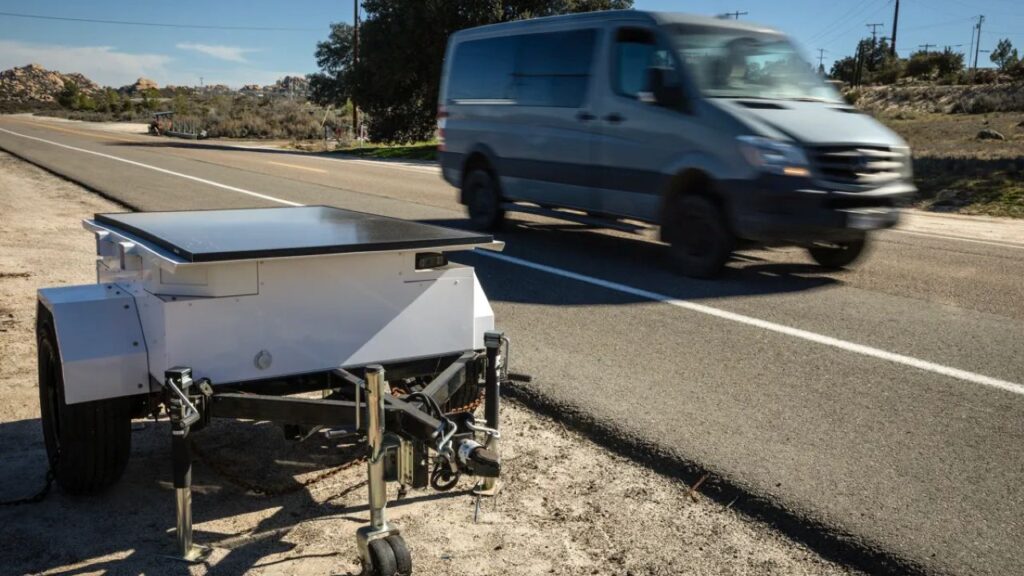
Opinion
Trita Parsi
Iran’s Goal Will Be to Inflict Massive U.S. Casualties
The Iranians know very well that the American public has little tolerance for war casualties. Thus, their defense strategy has been primarily aimed at deterring an attack by preparing attrition warfare that raises America’s risks and costs. Instead of focusing on reducing Iran’s own costs, the goal would be to cause as many U.S. casualties as early and as quickly as possible in order to strike a massive psychological blow to America’s willingness to continue the fight. The strategy is not focused on directly defeating the U.S., but rather to make the cost of victory politically non-viable for America.
Middle East is Target-Rich Landscape
With tens of thousands of U.S. troops already stationed in the region, the Middle East is a target-rich landscape for the Iranians. Iran can push Shia militias in Iraq to renew their attacks on U.S. troops. It can target U.S. personnel in Syria. Or it can target the literally hundreds of U.S. military installments throughout the region ― from Jordan, to Kuwait to Afghanistan. The aim will be to make U.S. troops and targets feel unsafe throughout the area (and possibly beyond), regardless of how far they may be from the front lines.
U.S. Military Leaders Advise Against War With Iran
Ultimately, however, Tehran’s war planners are zeroing in on the one variable they believe is Iran’s greatest strength and America’s greatest weakness: casualty sensitivity.

President Trump’s national security adviser, John Bolton, has consistently advocated bombing Iran ― and even pressed U.N. Ambassador Nicki Haley to trigger a confrontation in order to kill the Iran nuclear deal. / Shutterstock


















